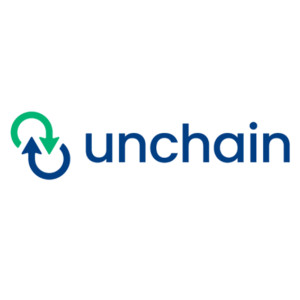 \
&
Contact us
\
&
Contact us
 \
&
Contact us
\
&
Contact us
Published on | 3 months ago
Programmes MSCAYesterday a joint statement ‘We need much more MSCA!’ was published. The currently 13 organisations that endorse the statement lament the lack of MSCA in Mario Draghi’s report the Future of European Competitiveness and the Mission Letters for the proposed Executive Vice-President for People, Skills and Preparedness Roxana Mînzatu (letter), and Commissioner for Startups, Research, and Innovation Ekaterina Zaharieva (letter). In the statement emphasis is laid on the lasting impact of the programme on the careers of researchers, research, doctoral and postdoctoral training in Europe and the universities, research institutions and non-academic organisations. They urge the European Commission, Parliament and Council to recognise the MSCA's invaluable contributions by increasing its budget, while maintaining its purely bottom-up research character.
The current signatories and their news articles:
We offer news and event updates, covering all domains and topics of Horizon Europe, Digital Europe & EDF (and occasionally, for ongoing projects, Horizon 2020).
Stay informed about what matters to you.
By signing up, you can opt in for e-mail notifications and get access to
a personalised dashboard that groups all news updates and event announcements in your domain(s).
Only for stakeholders located in Flanders
Digital, Industry & Space Digital Europe Cybersecurity Defence
We would like to inform you that the Commission has adopted and published the European Defence Fund Work Programme 2025. The news announcement (with links to the documents and a factsheet) is available on DEFIS website: https://defence-industry-space.ec.europa.eu/european-defence-fund-over-eu1-billion-drive-next-generation-defence-technologies-and... read more
RI Digital, Industry & Space Agro-Food, Environment
The Central European Research Infrastructure Consortium (CERIC-ERIC) is calling for proposals for coordinated access to more than 60 instruments and support laboratories for research in all fields of materials, biomaterials and nanotechnology. A detailed description of the facilities available in CERIC can be found here. Access to CERIC is op... read more
Security Digital, Industry & Space Cybersecurity Defence
If your organisation is focused on cybersecurity, you know there’s no time to waste in getting projects up and running. While we await the official publication of the Horizon Europe and Digital Europe 2025 work programmes, here you can find a selection of open cascade calls that could be relevant to your business: CyberSecDome Open Ca... read more

The UNCHAIN project, ‘urban logistics and planning: anticipating urban freight generation and demand including digitalisation of urban freight’ obtained funding from the Horizon Europe’s Mobility Cluster. The project focuses on breaking down data silos and promoting public-private data exchange across a unified European mobility data space, enabling more informed decisions and greater efficiency. The City of Mechelen is a partner in the project and takes on the role of ‘follower city’: it will work alongside the primary demonstration sites (in Madrid, Berlin and Florence) to maximize the geographical coverage and replicability of solutions across Europe. Mechelen aims to test 2 concrete solutions in the UNCHAIN project, with the aim to help addressing its current and future challenges in urban freight distribution.